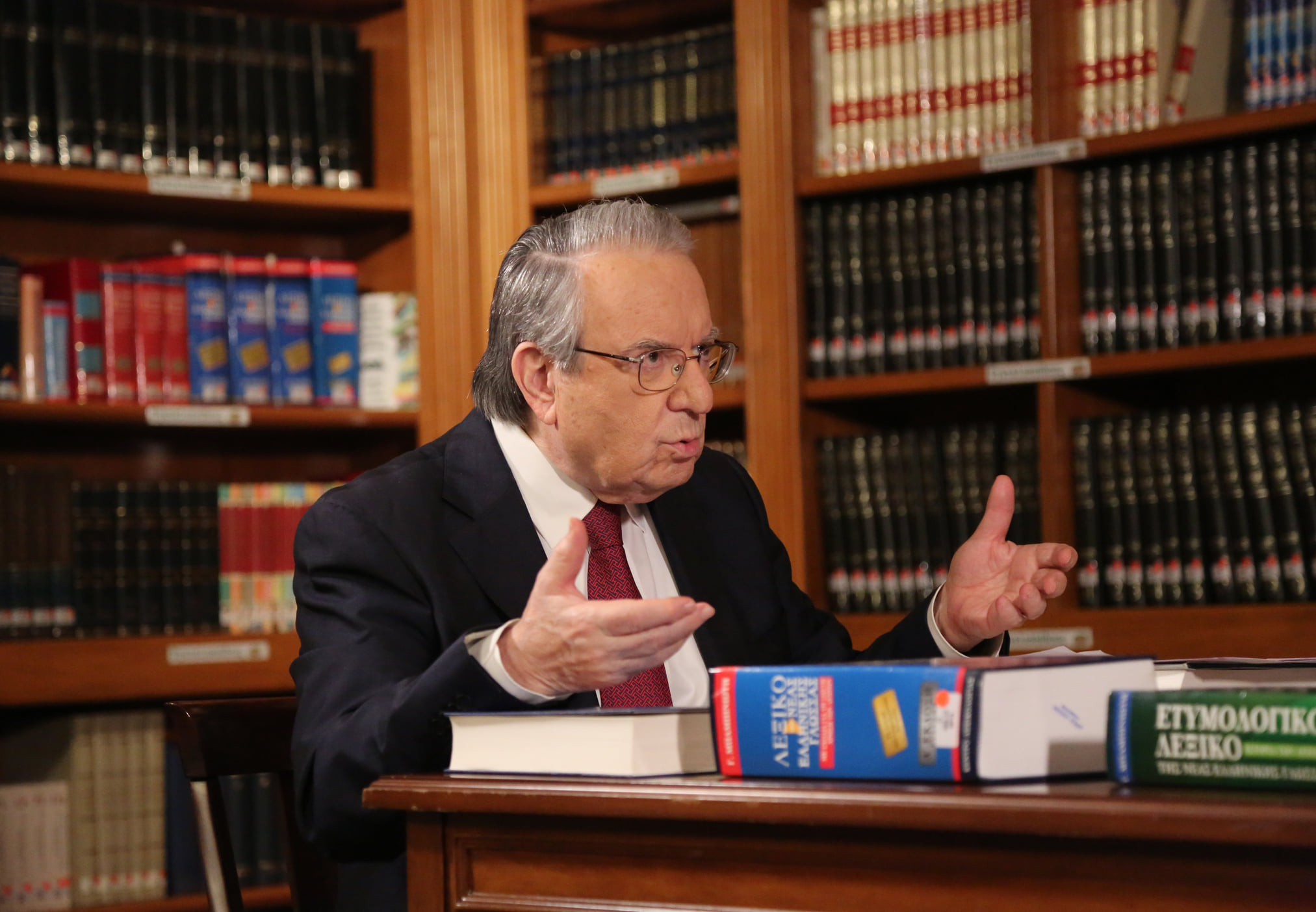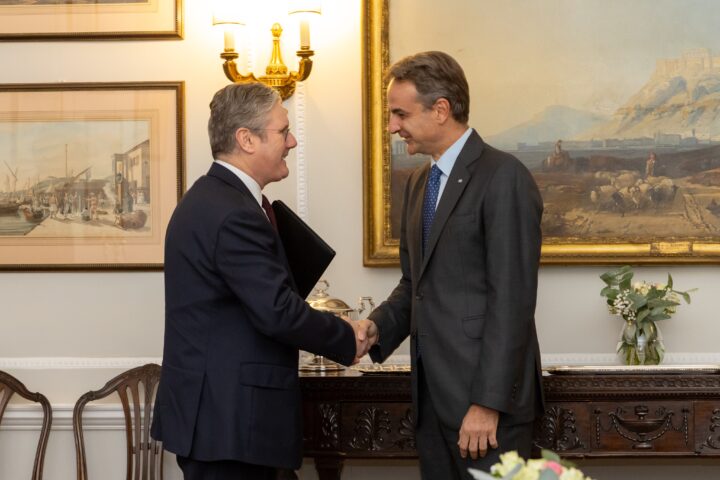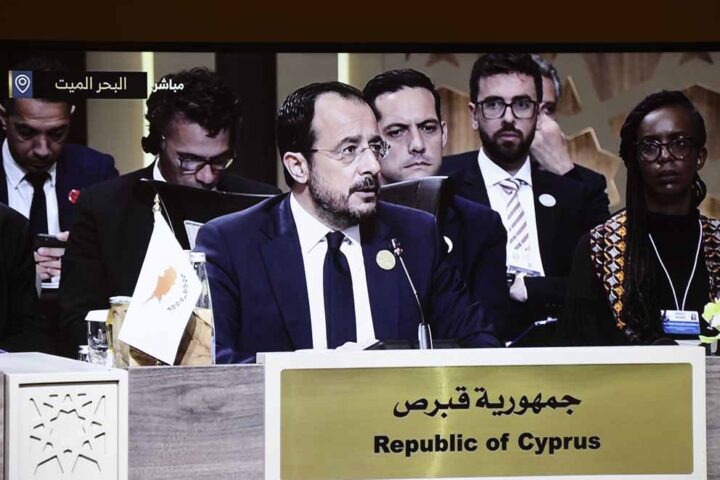The Greek language, spoken and written, and its influence on civilisations was celebrated globally this week, primarily where a Hellenic presence is significant.
It also coincided with the bicentennial of the Greek war of independence on many occasions.
Cyprus had the privilege to host educator, scholar and linguist Georgios Babiniotis, a distinguished personality who has, admittedly, a soft spot for Cypriots, and the Cypriote language, a dialect which he often argues has been well preserved.
Unlike modern-day and simplified Greek, as spoken and adapted to present times, the Cypriot dialect has been infused with speech and writings left behind by the various conquerors of the island.
However, what is not celebrated in Cyprus is the richness of this dialect and the multi-cultural mosaic of the present-day Cypriot.
Some efforts by local philologists and historians to preserve the language is commendable, considering the conflict a young person faces with the invasion of foreign words and modern terminology.
Ironically, some of these words have a Greek foundation and have borrowed or lent words from similar languages, such as Latin and the latter’s hegemony over most of Europe and its former colonies.
To take our society forward to make the necessary leaps in culture, ethics, politics, and strategies, we need to improve the proper use of language.
It is incomprehensible how we often witness the fluency with which many children worldwide command their native languages.
In contrast, in Cyprus, every fourth word is interjected with a ‘Uhm’ or ‘ahh’.
This is not only a matter of knowing one’s own language but also using it properly.
Unfortunately, the heaviest part of this burden falls on the shoulders of our educators, from elementary schools to universities.
For some, their job is seen as nothing more than an onerous obligation, despite their generous pay and benefits, ingrained in collective pay agreements that are far better than anyone in the private sector.
Some of these teachers should be sent home and allow younger, more passionate colleagues to take charge.
Gone are the days when teachers used to guide, engage and involve their pupils and students with a strong desire to form them into ‘proper citizens’.
But if the youngsters do not have the yearning to learn or desire to think or question everything, how are they expected to become the citizens of tomorrow?
How can they participate in crucial matters, such as politics, economy, and society?
Will they be able to argue an opinion and defend their views, or will they be humiliated, as is often the case of many contestants on TV quizzes?
Although Goethe is often quoted as saying, “he who knows no foreign languages, knows nothing of his own”, perhaps we should start at home.
Get our children to speak properly first, discuss accurately and dispute fervently in their native language, let alone a foreign tongue.










